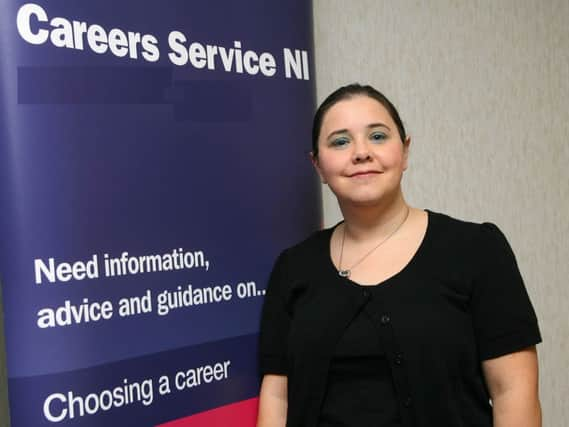Applying for postgraduate study - advice from the Careers Service


There is a extensive choice of courses in a wide range of institutions so it is essential that you research the options in full.
Joanne McKinney, careers manager for Coleraine, Limavady and Ballymoney in DEL’s Careers Service gives you some tips to help you with your application: “Having decided to follow a postgraduate course, there are important issues to think about. Before you apply, you need to consider whether you meet the entrance requirements of your chosen degree. Universities have a great deal of autonomy in who they accept for entry to their postgraduate courses. Some courses may require a higher academic entry requirement so check with the relevant department of the university that interests you.
Advertisement
Hide AdAdvertisement
Hide Ad“Each institution has its own application procedure so you will need to pay attention to deadlines, as they may be different for each course. You will need to apply individually to each university in which you are interested. Early application is advisable, particularly for the more popular courses and institutions.
“In choosing your course, ask yourself if you want to do a taught course or a research degree. You may be restricted by subject availability, or overwhelmed by choice. Which ever it is, bear in mind the quality of the teaching and the facilities available. Consult university research pages to help identify research areas of interest and relevant academic supervisors.
“Explore the availability of funding for the course. There are many types and sources of funding for post graduate study including Research Council grants, bursaries and scholarships. For further information, go to http://www.nidirect.gov.uk/is-postgraduate-study-for-you.
“To ensure that you have the best chance of being accepted you need to pay particular attention to your application. It is important to say why you have chosen the subject, what appeals to you about structure of the course and which modules are of specific interest to you. Mention if there are particular academic staff that you want to study or do research with.. Make it apparent that you have fully researched the course and have considered your suitability for postgraduate study or research.
Advertisement
Hide AdAdvertisement
Hide Ad“It is important to state and back up your personal and academic skills and strengths. The relevance of your first degree to your chosen postgraduate course should be outlined as should your career aims.
“You should give careful consideration to your choice of academic referee. They should be familiar with you and your work. Provide them with a copy of your application, discuss your plans with them and seek their advice.
“Ensure you proofread your application, checking for any grammar and punctuation mistakes. It is vital that you read all application instructions carefully and submit all the documentation required on time.
“If you wish to speak to a careers adviser, contact details are available on www.nidirect.gov.uk/careers or call 0300 200 7820.”